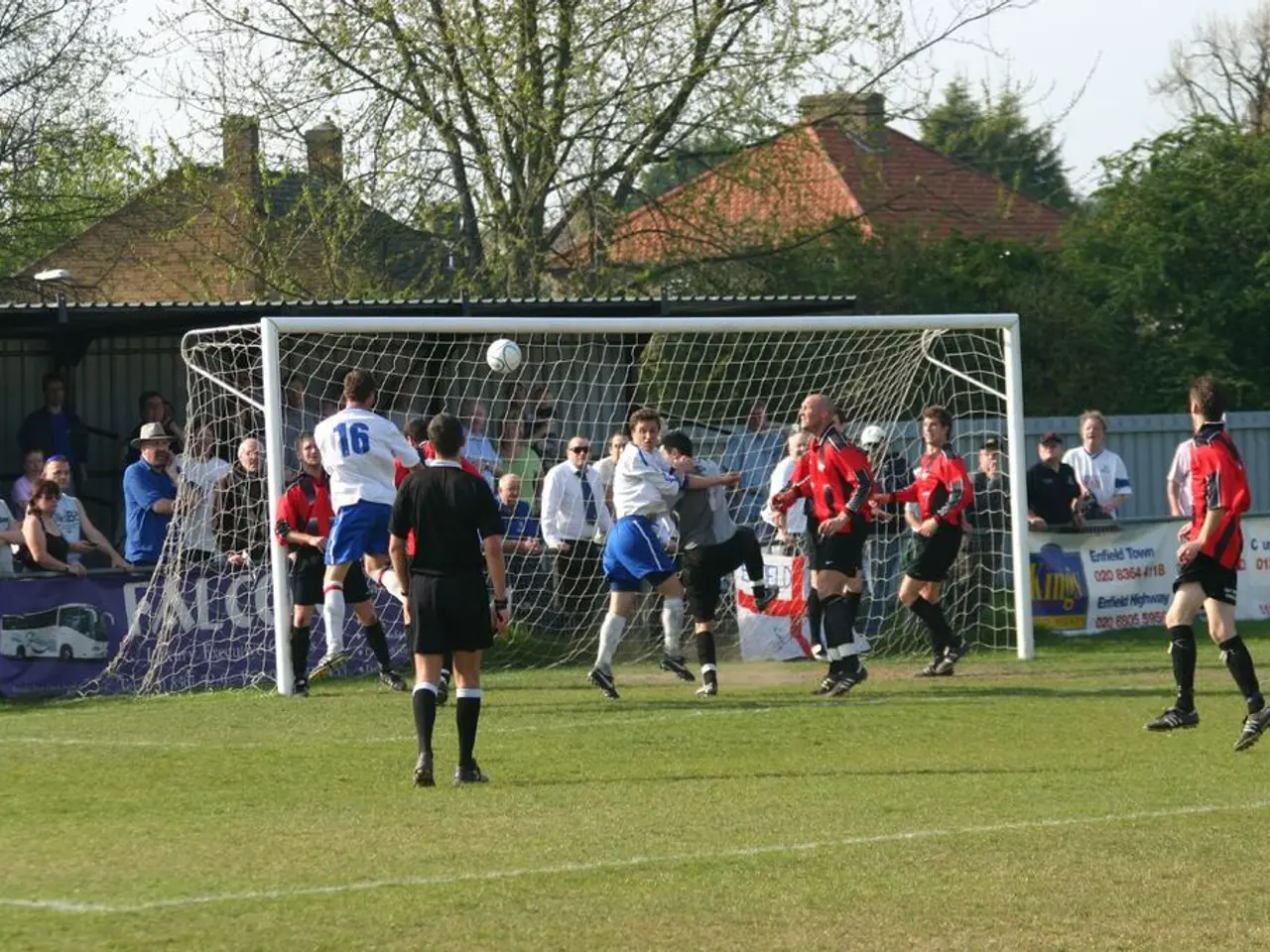Exploring the intensifying Mideast crisis: Middle Eastern Studies expert, Simon Wolfgang Fuchs, dissects the ripple effects on Israel and Iran. He issues a stark warning about a potential rise in Iranian nationalism and the potential jeopardy of ongoing nuclear discussions.
"Preserving the Middle East's Conflict Resolution"
In the hotbed of the Middle East, the escalating Israel-Iran conflict is causing ripples far beyond the battlefield. This dynamic involves both immediate military risks and broader geopolitical ramifications, with Professor Fuchs' insights offering a piercing look at the potential strengthening of Iranian nationalism and the uncertain future of nuclear talks.
The Iranian Perspective
- Domestic Stability and Identity: The perceived steady increase in Israeli strikes—now believed to target Iranian institutions crucial for internal security and social control—undermines the regime's stability. According to recent reports, the ongoing situation poses the biggest challenge to the Iranian regime since its establishment in 1979, potentially forcing the leadership to reconsider concessions like ceasing uranium enrichment to secure the regime's survival [1]. The regime's external attack narrative could, however, stoke domestic support through a surge in Iranian nationalism. This could potentially hinder nuclear talks as hardline factions demand a more confrontational stance to safeguard national sovereignty and pride.
- Nuclear Diplomacy: While some indications suggest that Tehran might consider abandoning uranium enrichment under favorable circumstances, the prevailing conflict atmosphere heightens unpredictability. This uncertain environment makes negotiations less probable, as Iran's leadership may be reluctant to appear weak or yield to international pressure amidst attacks [1]. Faced with overwhelming turmoil, there is a possibility that the quest for de-escalation and a negotiated solution could prevail [1].
The Israeli Landscape
- Security and Regional Risks: Israel's expanded strikes are designed to deter and weaken Iranian military and security capabilities, but they come with substantial risks. This recent escalation could be the most serious since October 7, 2023, and could spark wider regional or even global conflict [2][3]. This escalation could potentially strain Israel's ties with the U.S. and other allies, particularly as differing strategies (e.g., Trump's push for a ceasefire and diplomacy versus Netanyahu's hard-line approach) become more pronounced [2].
- International Diplomacy: As the U.S. mobilizes its military and diplomatic resources to shield American interests and promote stability, a disconnect between American and Israeli approaches is evident. This rift may diminish international cooperation and leave Israel more isolated in its military strategy [2].
The Nexus of Nuclear Talks
- Professor Simon Wolfgang Fuchs' Opinion: Although he hasn't directly commented on the current developments in mainstream media, Fuchs' expressed concerns—particularly the possibility of boosting Iranian nationalism and hardening its position on nuclear matters—are echoed by recent events. The threat to the regime's survival and the search for a "dignified exit" are now central points of debate, with Iran potentially feeling compelled to resist concessions or seek an exit that maintains its self-respect [1].
- The Danger of Collision: The potential consequence of these dynamics is that diplomatic avenues could crumble, making any future nuclear negotiations more elusive. If Iranian nationalism continues to swell, the regime might be driven to resist compromises even under intense pressure.
The Gist
The ongoing Israel-Iran conflict challenges both Israeli security and Iranian regime stability, fueling Iranian nationalism and complicating nuclear negotiations. The risk is that diplomacy is sidelined in favor of survival, worsening the potential for wider conflict and making a negotiated resolution increasingly difficult to achieve [1][2].
| Aspect | Israel Impact | Iran Impact ||-----------------------|-------------------------------------------------|-------------------------------------------------------|| Security | Increased, but risks wider conflict | Threat to regime survival, but may boost nationalism || Diplomacy | Strained relations with U.S. and allies | Hardened stance, less likely to negotiate || Nuclear Talks | Indirectly threatened by instability | Proximity to collapse, regime survival at stake |
- The surge in Iranian nationalism, fueled by perceived Israeli attacks on critical institutions, may complicate future nuclear negotiations, as hardline factions demand a more confrontational stance to safeguard national sovereignty and pride.
- The ongoing Israel-Iran conflict is causing ripples far beyond the battlefield, with the uncertain future of nuclear talks potentially jeopardized by the dynamics of the conflict and the potential enlargement of Iranian nationalism.








